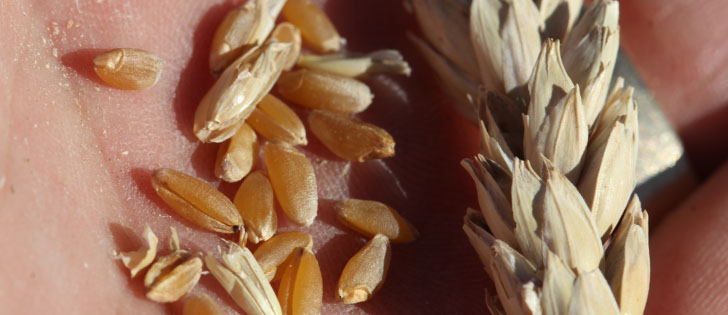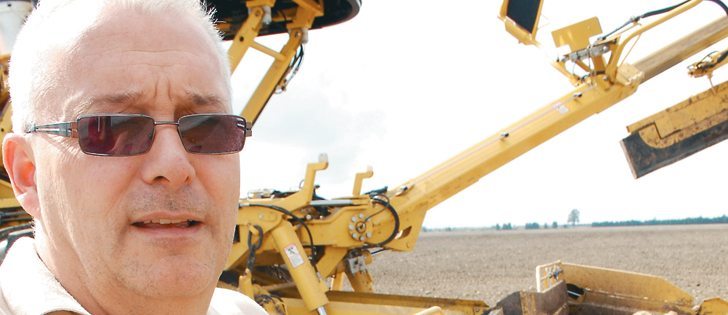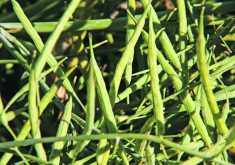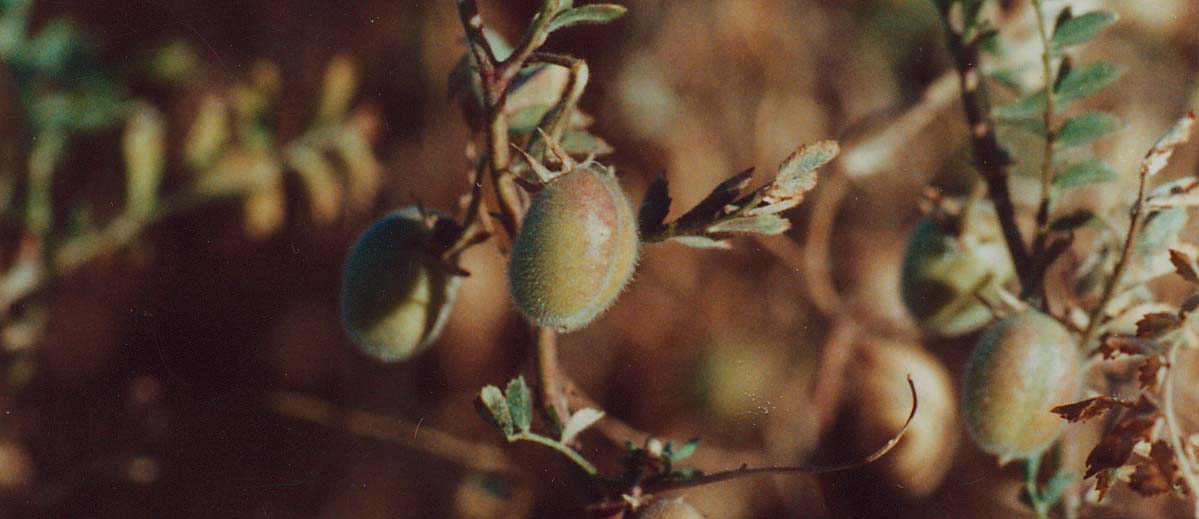An ecologist says a carbon tax may be the best way to slow down human activities that harm the environment.
“We know what is happening to the earth but we don’t care,” said Don Guyton of Kelowna, B.C., who specializes in dry land ecosystem restoration.
Gayton, who spoke at a national stewardship conference held July 9 at the University of Calgary, said a carbon tax may be anathema for many western Canadians, but it may be the only way to slow down activities that are not sustainable, such as profligate energy consumption to drive the economy.
Read Also

More factors affecting winter weather
When you combine a weak La Niña, early Siberian snow, and a warm northern Pacific, it’s easy to see why long-range winter forecasting is so complex.
“Splendid graphs and tables are instantly available containing minute detail on the state of everything, but do little to forward the ideas of living cleaner lives.”
Gayton said Canadians are overspending their natural capital and have yet to agree on what is an acceptable level of consumption of natural resources.
He suggested government offer tax incentives to farmers who produce organic and local food and tax fossil fuel use until it is twice the price it is now. The extra tax revenue could then be spent on environmental programs.
Although a carbon tax may appear to be political suicide for the government who introduces it, Gayton said people accepted tobacco taxes for the public good to make smoking financially unfeasible.
Economist Vic Adamowicz of the University of Alberta agreed that one way to reverse losses of natural capital would be to tax bad environmental practices and reward good ones.
“Efficient resource use may well mean a carbon tax,” he said.
He also said that compared to other countries, Canada and Alberta are still relatively rich in natural capital and ecosystem services.
However, environmental consultant Brad Stelfox was highly critical of the state of Alberta’s resource expenditures.
He said forestry, energy, agriculture, transportation corridors, urbanization and infrastructure construction have all taken a toll, leaving a large scale industrial footprint across the province.
“Rapid economic growth has transformed this province at a profound intensity,” he said.
For example, in 2005 Alberta fed and finished 2.5 million head of cattle, processed 114 million kilograms of poultry and 3.1 million hogs and produced 1,375 petajoules of electricity, 30 million tonnes of coal, 24 million kilometres of timber, 150 million cubic meters of natural gas and 33 million cubic metres of conventional gas.
The energy sector has used 1.3 million acres of land and transportation routes have used1.5 million acres. About 70 percent of wetlands have been drained.
He said six billion cubic metres of water are needed each year to make the Alberta economy hum.
“Collectively, these natural resource productions are the economic foundation that supports an affluent population of three million people.”
Consequently, the distribution of wildlife species has resulted in reduced numbers and some are precariously low.
“The economic advantages of land use are understood, but the ecological liabilities have received scant discussion.”
He said he is not anti-business but urged Albertans to demand a business philosophy that recognizes the value and limits of natural capital.
He is hopeful some of that philosophy can be nurtured through the provincial land use framework, which will designate certain parts of the province for activity and preserve other areas.















